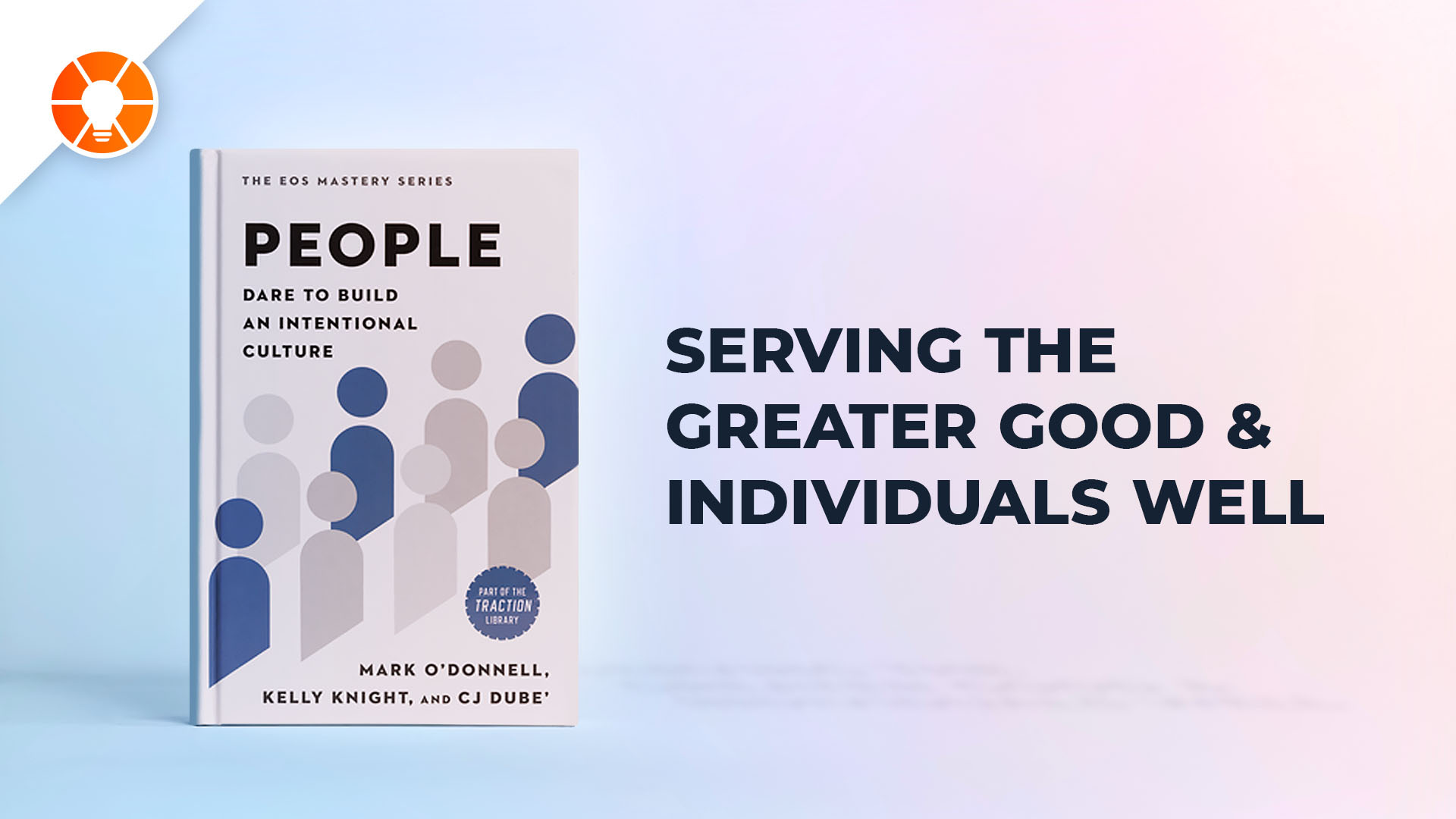 I read a post on LinkedIn from Harvard Business School Professor Michael Wheeler, a behavioural economist (essentially a psychologist who tries to understand why we consistently do the seemingly irrational things we all do). You can see his post here. It describes an appalling situation – a British Marine was recently convicted of murder and sentenced to life in prison for killing a wounded and helpless enemy fighter in Afghanistan. Wheeler postulated that only a clear statement of a core belief, “Marines Don’t Do That,” might have been enough to stop the soldier from committing what most view as a crime.
I read a post on LinkedIn from Harvard Business School Professor Michael Wheeler, a behavioural economist (essentially a psychologist who tries to understand why we consistently do the seemingly irrational things we all do). You can see his post here. It describes an appalling situation – a British Marine was recently convicted of murder and sentenced to life in prison for killing a wounded and helpless enemy fighter in Afghanistan. Wheeler postulated that only a clear statement of a core belief, “Marines Don’t Do That,” might have been enough to stop the soldier from committing what most view as a crime.
Whether he’s right or wrong about that particular incident, there’s an underlying message of great value. Being exceptionally clear about what you believe at your core – the small handful of behaviour-guiding beliefs and values that are most important to you – can be exceptionally helpful when you least expect it.
Here are three quick examples – two of which involve human lives at risk:
- Sully Sullenberger used to train other pilots on emergency procedures, as a result of which he played out many crisis scenarios in his head. Years before his double bird strike, he decided that if he ever found himself flying a stricken plane, he would consider the plane lost and would concentrate only on saving the people on board. In describing his cockpit crisis over New York, he said that he spent zero time considering whether he should attempt to get the plane to Teeterboro, which might have saved it for US Airways, but would have put the passengers at much greater risk. He credited this decision, which seemed automatic to him, with eliminating a major distraction and saving him precious seconds, which he used to make the miracle water landing (an oxymoron if ever there was one) that saved the lives of his passenger and crew.
- A decade or so ago, an applicant figured out how to hack the website that many business schools use to manage admissions, then posted hacking instructions online. Many applicants then hacked the site to check their admission status. Alone among the heads of major business schools (the rest of whom dithered and then did nothing), then-HBS Dean Kim Clark announced immediately that no applicant who hacked the site would be admitted that year, and that while they were welcome to reapply, the school would take a close look to see what they’d learned from the experience. Perhaps as a result of his strong religious affiliation (he’s a devout Mormon), Clark has a strict moral code and places an exceptionally high value on integrity, respect and accountability. He saw all three as having been violated by the hackers. In describing this incident, he said that the correct course of action was so obvious to him (although clearly not to his peers) that he did not have to give it conscious thought. He was, oddly, vilified in the press for his action but never second-guessed himself.
- 3) Another HBS Professor, Richard Tedlow, once told me about interviews he conducted with James Burke, who was CEO of Johnson & Johnson during the 1982 Tylenol poisoning incident. He said that the most remarkable thing about Burke was not that he ‘made the right decision’ in choosing to pull Tylenol from store shelves at a cost of millions of dollars. It was that upon becoming CEO (six years before the incident), he challenged the company to either recommit to or discard its core value of putting the well-being of its customers first, regardless of the cost, and that he had so deeply ingrained that value in himself that when the crisis occurred, the decision to pull the product from the shelves was one that he considered to have been made for him, not one that he had to make at the time.
What these stories have in common is the link between values and identity. These leaders were so completely clear about what they held most dear, about who they would want to be in a moment of crisis, that when that moment occurred, each took the action he’d have wanted to take had there been time for deliberation. That’s what clarity about your core beliefs and values can do for you – guide you to the right action when you least expect to need the help, yet need it the most.
So take a clarity break and figure out what your handful of core beliefs or values are. It will help you. Do it soon.
Photo Credit: Associated Press





